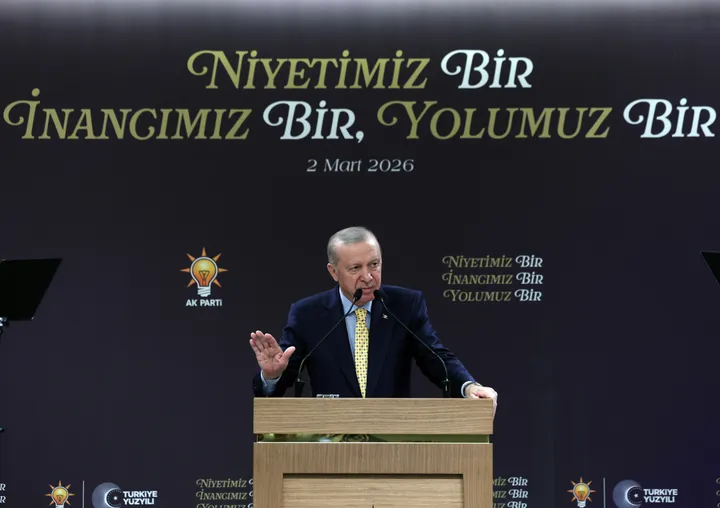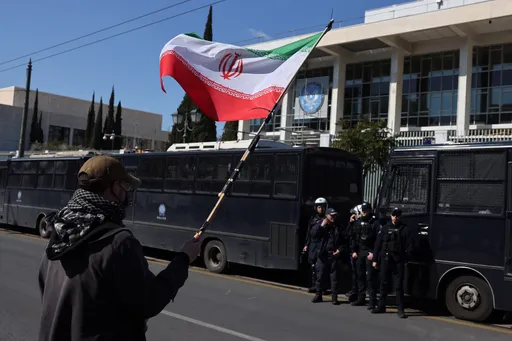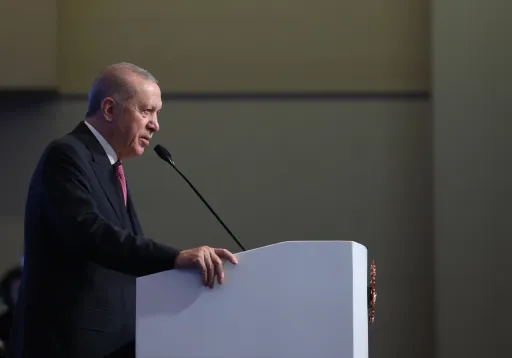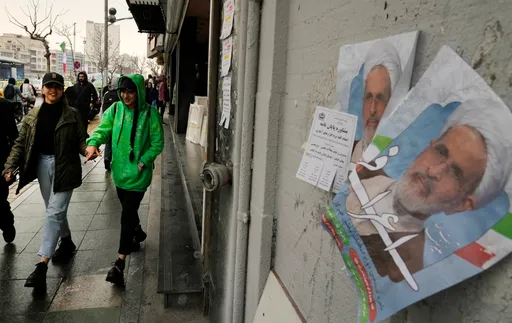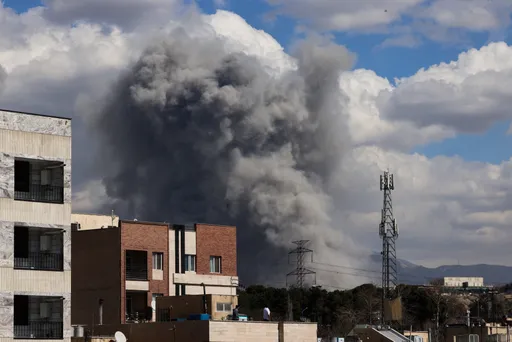In the immediate aftermath of Hamas’ violent Oct. 7th attack on Israel, there was little doubt that the United States would support one of its closest allies. Any casual student of world history or US politics knows that the two states have a “special relationship.”
What was not at all expected was the wholly uncritical deference that US President Joe Biden’s administration would grant Prime Minister Benjamin Netanyahu as he prosecuted what is potentially the most indiscriminate bombing campaign in history.
Notably, the US is not only refusing to stand in Israel’s way - it is actively enabling war crimes against the Palestinians. Since the assault on Gaza began, Washington has pushed for a $14 billion aid package and provided direct military support. These moves are, of course, on top of the military and economic funding that the US annually sends Israel’s way.
The US has also provided diplomatic cover, both regionally and internationally, including using its UN Security Council veto to block a humanitarian pause early in the conflict and, more recently, to block a ceasefire despite overwhelming global support for this action.
The rhetoric coming from the Biden administration has been just as lopsided as its policies. These double standards were evident in the way administration officials reacted to the deaths of Israeli civilians compared to those of innocent Palestinians.
Even President Biden himself displayed this bias when he amplified unverified (and later discredited) reports of Hamas atrocities and soon after questioned the civilian death toll in Gaza, even though numerous third parties attest to the credibility of these figures.
Given this administration’s seeming disregard for Palestinian lives, it is not surprising that Americans with ties to the region and its people are not only voicing their dissent and protesting, but are now widely proclaiming that they will not vote to re-elect President Biden in 2024.
This call to boycott the upcoming presidential election came relatively early on in the conflict, but was at first limited to individuals and groups generally sympathetic to leftist causes who were unlikely to think of themselves as Democrats in the first place.
However, as the weeks progressed and the death toll relentlessly rose – coupled with real-time visual documentation of the horrors befalling the people of Gaza – calls for abstention and third-party voting for independent candidates are becoming more widespread.
Although reliable data on Arab and Muslim American voting patterns is difficult to obtain, the numbers that we do have from recent polls evidence a precipitous drop in support for Biden.
While both of these communities combined only make up about 2 to 3 percent of the American electorate, their concentration in key swing states gives them an outsized influence on the results of presidential elections, given the convoluted manner in which America chooses its chief executive.
President Biden’s re-election prospects are all the more bleak considering that it is not simply Arab and Muslim voters who are wavering. Both progressive and young voters are also questioning whether they will cast a ballot for the Democratic nominee in 2024.
Biden’s decision to inextricably tie himself and his administration to the devastation wrought upon the Palestinians will have profound negative effects on his voteshare next November.
Along these same lines, a recent Gallup poll found that two-thirds of those aged 18-34 years old and around two-thirds of non-white Americans disapprove of Israel’s military action in Gaza.
Given that these two groups help form the core of the Democrats’ base, it is likely that Biden’s decision to inextricably tie himself and his administration to the devastation wrought upon the Palestinians will have profound negative effects on his voteshare next November.
So far, the pressure campaign mounted by Arabs, Muslims, and their allies–including many American Jewish groups–has failed to bring about a ceasefire.
There has nonetheless been a noticeable change in the Biden administration’s tone and deferential posture toward Israel. Though still a far cry from the critiques levelled from other countries across the globe (including many allies), State Department officials are now acknowledging that Israel is falling short in its commitment to protect civilian lives, a sentiment echoed by Vice President Kamala Harris at the COP28 meeting in Dubai.
Along these same lines, President Biden has been most assertive in regards to the political aftermath of the conflict. In particular, he has insisted that Israel not re-occupy Gaza and has pushed renewed talks for a two-state solution.
This rhetorical distancing from Israeli policies, however, is unlikely to mend the deep sense of betrayal and alienation many who voted for him in 2020 now feel. For one thing, these public declarations do not seem to be accompanied by any potential consequences.
Indeed, amidst the administration’s newfound bluster, Secretary Blinken just bypassed Congress to sell Israel 14,000 rounds of tank ammunition. Moreover, even if Biden were to exert meaningful pressure on Israel at this point, it is unlikely that this action would counterbalance the damage already done to his reputation domestically–at least among Arabs and Muslims.
In truth, Arabs, Muslims, and many other Americans committed to social justice are no longer simply weighing short term considerations when deciding whether and whom to vote for in this upcoming election. This is the fundamental misunderstanding that many Democratic pundits and backers have when it comes to these communities.
These constituents, having been traumatised for weeks on end, are not interested in weighing the “lesser of two evils.”
They are also not naive enough to believe that voting for the other major party in the US will lead to improved conditions for the Palestinians. To be sure, before this most recent conflict in Gaza, there were indications that more Arab and Muslim Americans were gravitating toward the GOP, largely on the basis of the party’s socially conservative platforms.
Yet, the call to “Abandon Biden” is not coupled with a call to vote for the likely Republican nominee, Donald Trump. This is especially true given Trump’s call for increased harassment of Arabs and Muslims domestically, and decreased support for the Palestinians internationally.
A common refrain when speaking to this disillusioned part of the Democratic electorate is that “this time is different” and “nothing will be the same after this.” Such sentiments speak to the need for a long-term vision in which there is a meaningful distinction between the parties on the issue of Israeli support.
This needn’t necessarily translate to cutting ties with the Jewish state, but merely recalibrating our relationship so that the default position is no longer one of unbounded deference. Notably, voters are unlikely to apply this standard solely to the office of the presidency or just to this election cycle.
This is the other mistake that Democratic insiders are making–thinking that this dissension will simply blow over. In truth, the question is not whether they’ve lost Arabs, Muslims, and their allies. Rather, it’s, how many more election cycles are Democrats willing to lose them?




